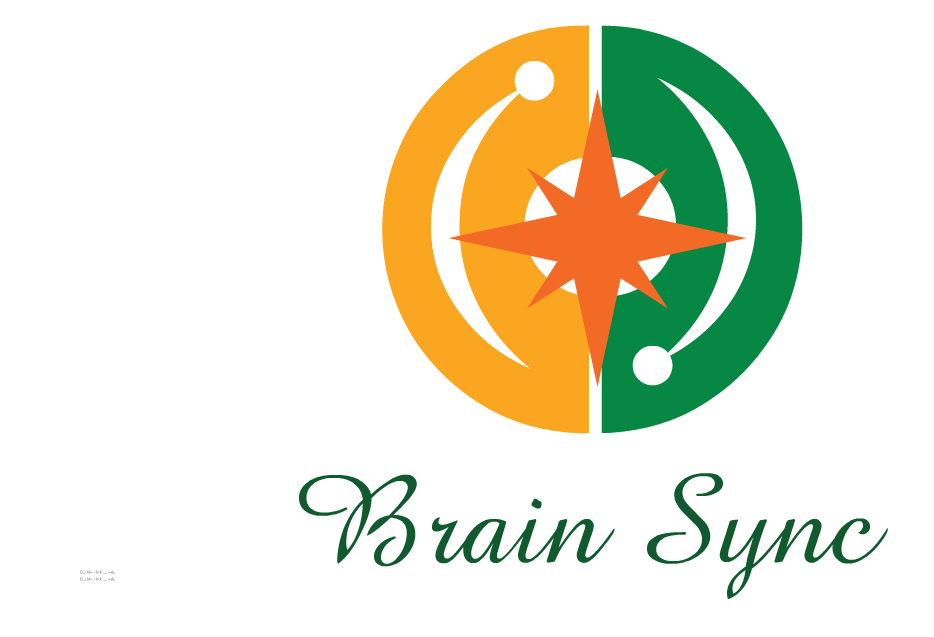Accommodation The ability for the eyes to focus, producing a sharp image at various distances from the object being seen.
Binocularity The ability of both eyes to work together to process visual stimuli is called eye teaming, and when compromised, hinders the ability to concentrate on close work, makes reading difficult, and may also affect physical coordination in sports, play and other daily activities. The child who easily learns to read in the 1st and 2nd grades, but whose schoolwork suddenly gets worse in the 3rd and 4th grades, often has an eye coordination and/ or focusing problem causing the performance change.
Convergence In order for the eyes to work in tandem, they must be able to turn inward in order to focus on close images such as writing or words. Symptoms of eye teaming and convergence problems are double vision, intermittent blurred vision, headaches, fatigue, and avoidance of close work.
Midline The invisible vertical line that separates the left and right sides of the body.
Visual Processing Refers to the visual cognitive skills that allow us to process and interpret meaning from the visual information that we gain through our eyesight. Visual perception plays an important role in spelling, mathematics, and reading.
Vestibular System The sensory mechanism in the inner ear that detects movement of the head and helps to control balance.


